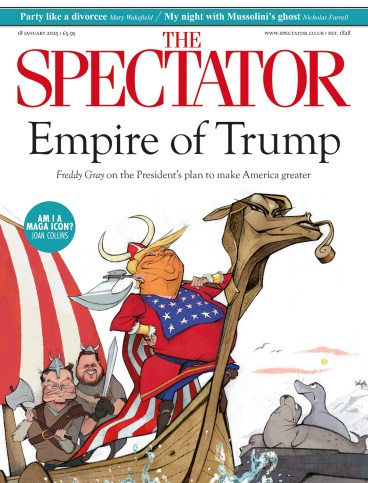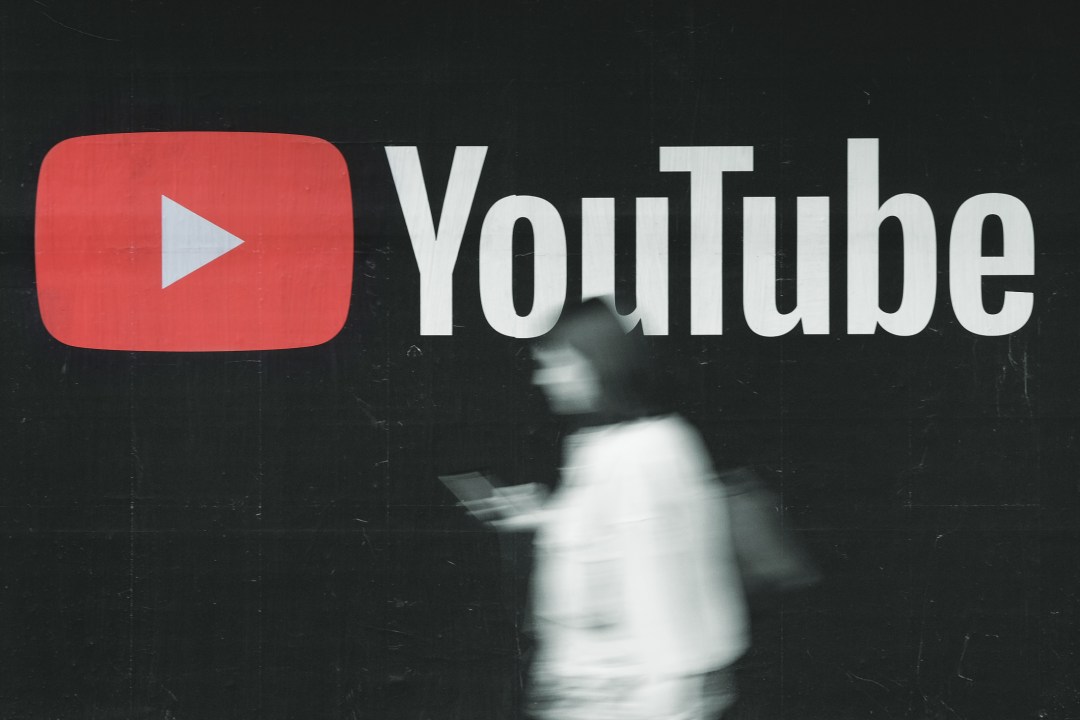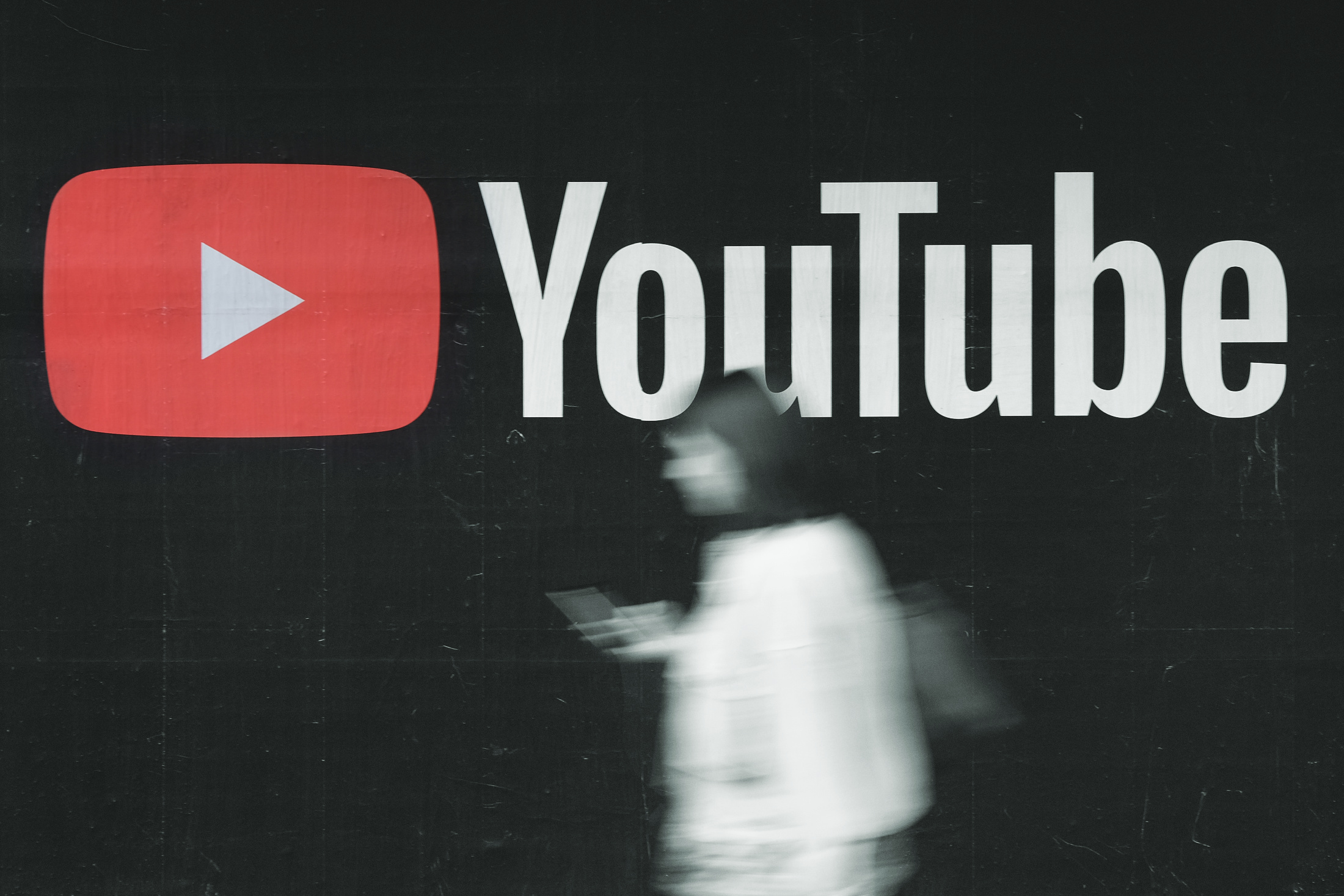
The day after Mark Zuckerberg said fact-checkers ‘have destroyed more trust than they have created’ I experienced why he has a point. I had done an interview with an evolutionary psychology podcaster, Paula Wright, about the origin of Covid. In it I said something that caused the entire interview to be banned from YouTube. Wright’s appeals were rejected.
Some ill-informed, possibly underpaid, definitely over-confident youth at YouTube banned my remark
What had I said that was so offensive? Was it a lie, a conspiracy theory, a mistake, defamation? No, it was a statement of historical fact that has been confirmed and agreed by mainstream scientific bodies, including the World Health Organisation. Namely, that in 1977 a worldwide flu outbreak was almost certainly caused by a mistake at a Chinese flu vaccine laboratory that resulted in an inadequately inactivated live flu virus being given as a vaccine to military recruits.
This was the conclusion, in 2015, of an investigation into the episode by Dr Michelle Rozo and Dr Gigi Kwik Gronvall at the Center for Health Security in Baltimore, Maryland. Their result was confirmed by Dr C.M. Chu, a former director of the Chinese Academy of Medical Sciences, who told a fellow scientist: ‘The introduction of this 1977 H1N1 virus is now thought to be the result of vaccine trials in the Far East involving the challenge of several thousand military recruits with live H1N1 virus.’
The existence of this theory is – how shall I put it? – a fact. Yet YouTube’s fact-checkers decided that my citing this fact ‘violated community guidelines’ and posed ‘a serious threat of egregious harm by spreading misinformation about currently administered vaccines’.

Magazine articles are subscriber-only. Keep reading for just £1 a month
SUBSCRIBE TODAY- Free delivery of the magazine
- Unlimited website and app access
- Subscriber-only newsletters








Comments
Join the debate for just $5 for 3 months
Be part of the conversation with other Spectator readers by getting your first three months for $5.
UNLOCK ACCESS Just $5 for 3 monthsAlready a subscriber? Log in